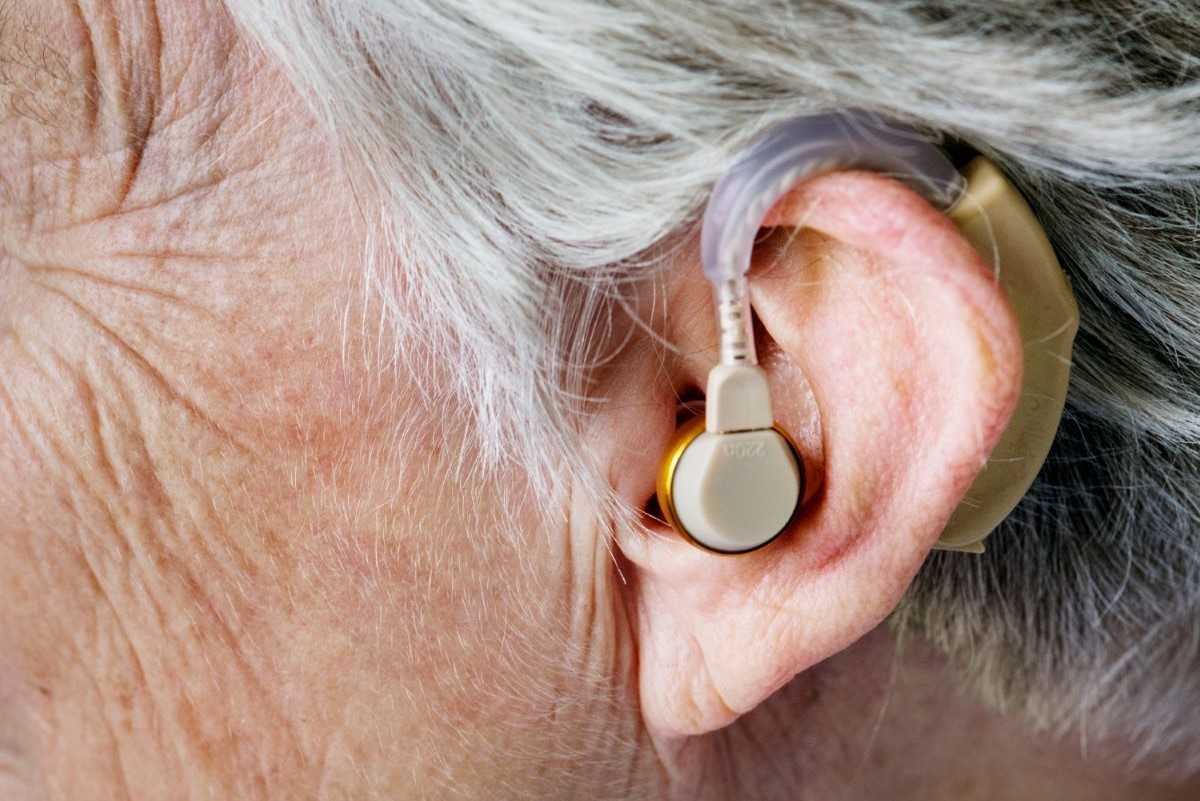As people age, their auditory capabilities slowly become impaired. Younger people often neglect their hearing and allow more damage to occur before they become aware of the consequences. As an older adult, that damage becomes evident and leads to the need for hearing aids or surgery. Unfortunately, most people don't realize that hearing loss can bring about unexpected mental health issues. The less someone can hear, the more isolation and depression set in. Fortunately, the highly-trained staff at hearing centers nationwide have the technology to fashion custom hearing devices to bring back all the noisy joy that has gradually diminished from one's life.
Value-Priced Aids Don't Always Bring Satisfaction
Many people get frustrated with hearing aids because of improper fitting or trouble controlling the settings. These issues are commonly due to selecting an inexpensive brand or utilizing a company that puts no extra effort into ensuring the devices are the best fit. Ill-fitting or weak response hearing aids can be detrimental to one's well-being. Without a consistent sense of hearing, people often stop using their devices altogether and become disheartened by their circumstances. This can lead to them isolating themselves to avoid personal interaction, dealing with heightened anxiety when they must communicate, and eventually finding themselves in a depressed state. These factors are all avoidable if a sufficient pair of hearing devices is in place.
The Loss of Sound Can Really Bring People Down
Hearing loss is also linked to feelings of inadequacy and low self-esteem. Individuals who can't communicate well due to the inability to clearly hear others often blame and demean themselves when the real culprit is a medical issue that can happen to anyone. Once these forms of self-deprecation occur, additional emotional responses can snowball in and lead to an overall standard of poor mental health.
Hearing Is a Key Factor in Personal Contentment
Investing in hearing devices has proven to restore a person's self-confidence and pride. Restoring the capability to carry on a normal conversation and hear what is happening in one's surroundings makes people feel whole again. People will not only have improved mental capacity, but their risk of dementia drastically decreases. An alert brain helps sustain strong cognitive abilities and a more durable physical body.
The Experts Can Guide Those in Need
Professional hearing centers carry an array of aids and work with a person's style preference and budgetary concerns to find the best fit. The most common models are almost unnoticeable when worn and are often custom-molded to fit in the patient's ear. Gone are the days of a large unit protruding from behind the ear. For those in need of expert advice and fitting, an audiologist in Santa Monica such as Alexander Audiology can provide personalized solutions. Patients can now select from various styles of Receiver-in-Canal aids that can be so inconspicuous that most people have no idea the person they are talking to is wearing one. The discreet design is a significant step toward boosting people’s self-assurance and removing the hearing aid stigmas that lead to mental health issues.
Understanding What Is Lost Is the Best Way to Restore Sound
Selecting the most suitable hearing aids involves seeking a well-trusted and established hearing center that assesses an individual's specific type of hearing loss. These facilities take the time to work out a plan with each patient and allow a trial period where the devices are fit or re-fitted and tested until peak optimization and satisfaction are achieved. Each plan is based on the individual's specific type of hearing loss and how they live daily to help establish a concrete treatment system.
Hearing Assists with a Positive Mental Attitude
Individuals experiencing hearing loss can benefit greatly from the advancements in hearing aid technology. Finding a device that improves hearing and restores confidence is the first step in keeping a positive mental outlook and avoiding the effects of depression. Being able to freely communicate and hear the world around us lowers the chance of dementia and allows people to live a more fruitful life.
Image by rawpixel.com on Freepik
Follow me down the rabbit hole!
I'm Alice and I live with a dizzying assortment of invisible disabilities, including ADHD and fibromyalgia. I write to raise awareness and end the stigma surrounding mental and chronic illnesses of all kinds.








